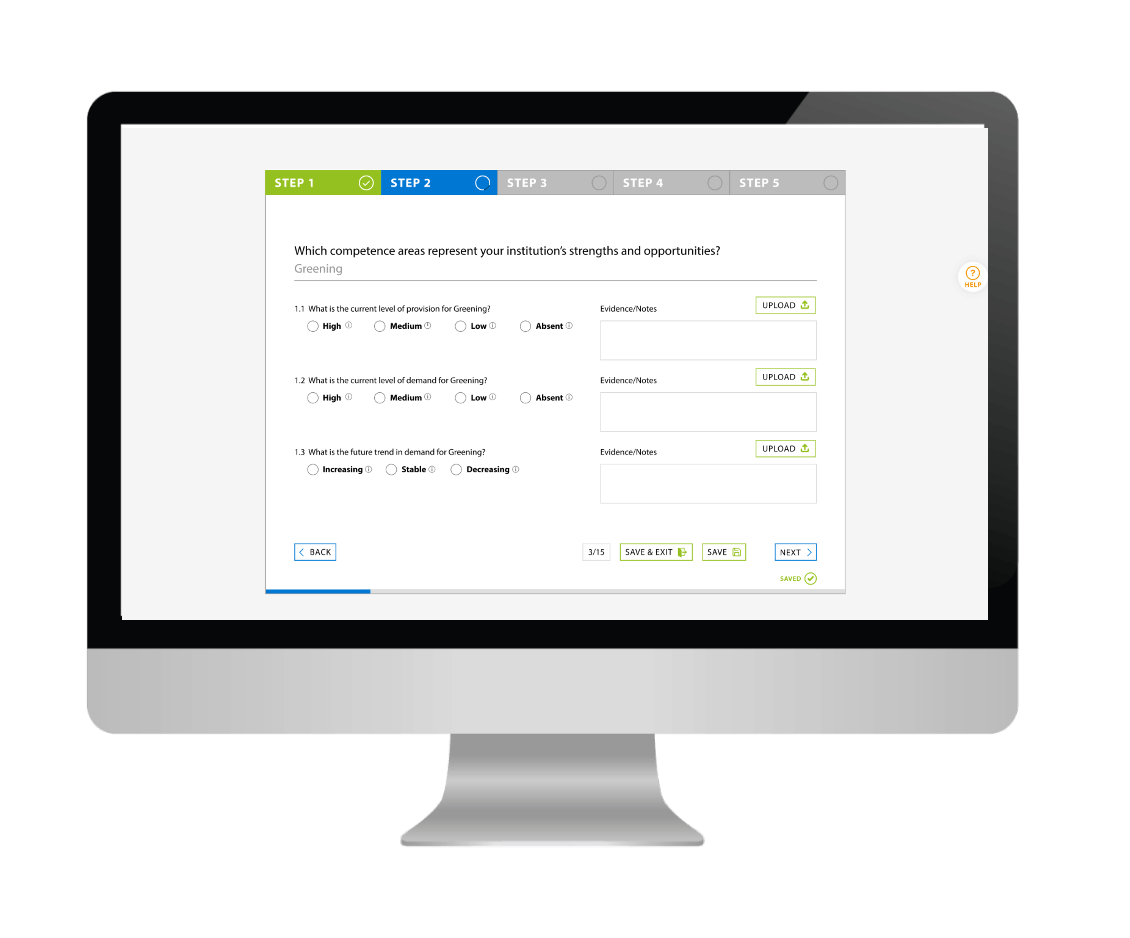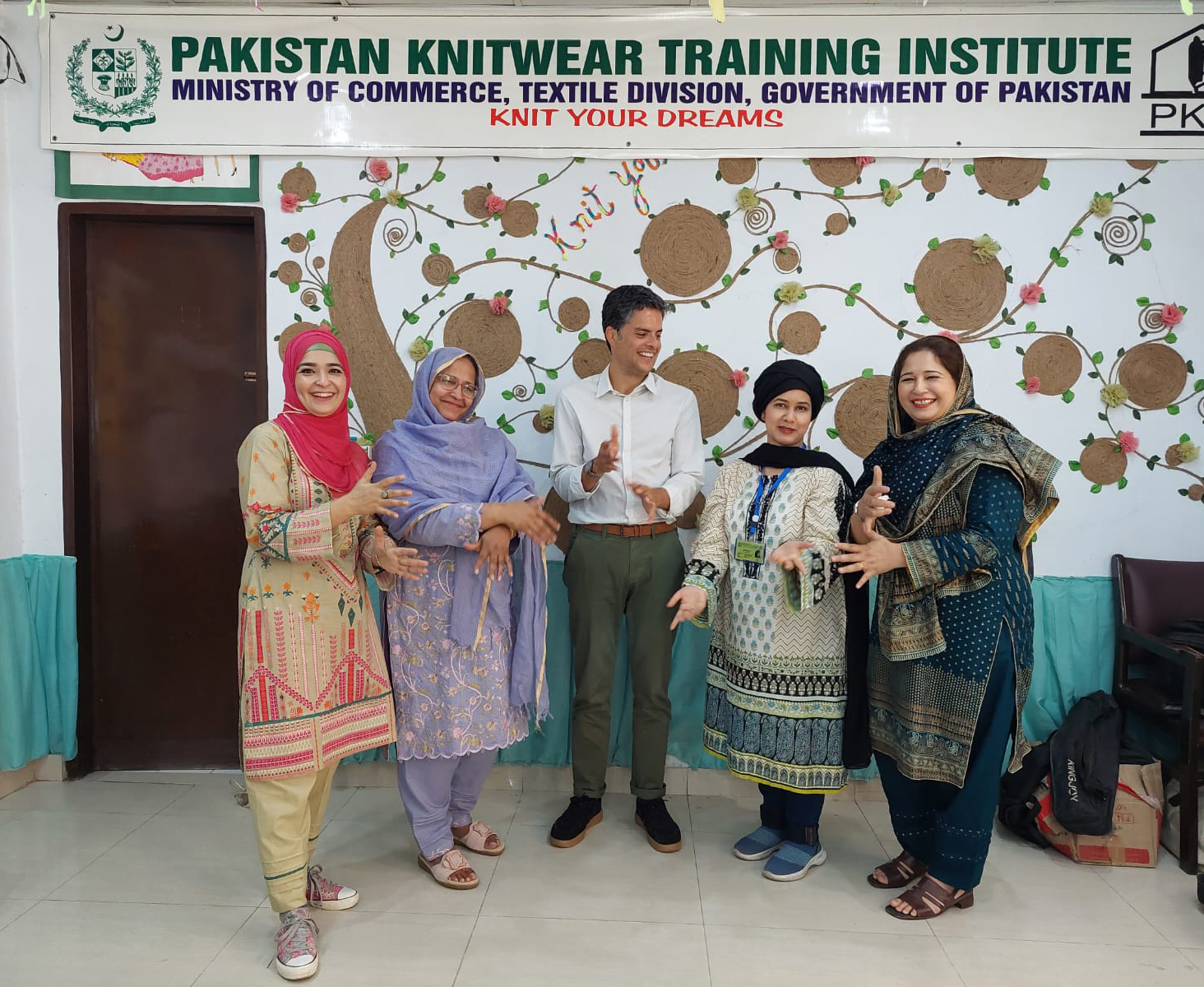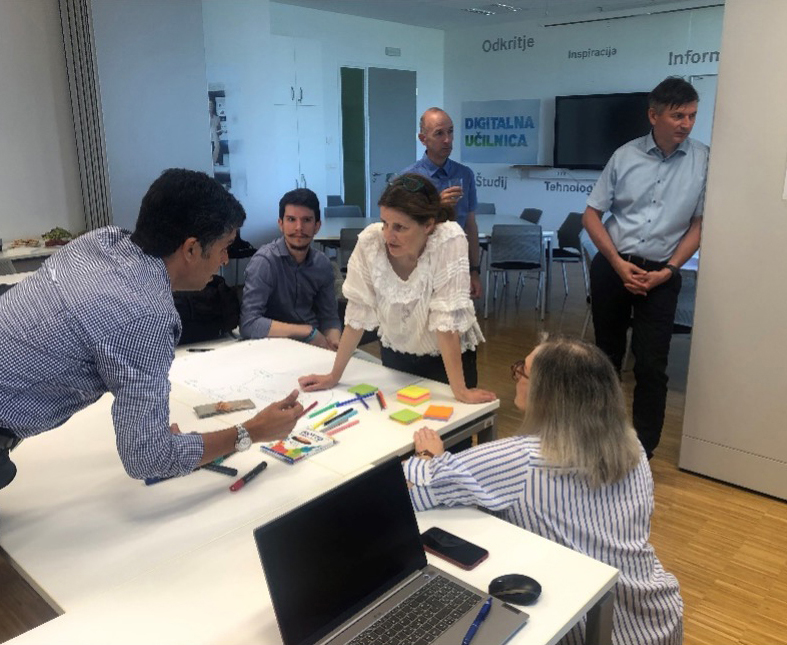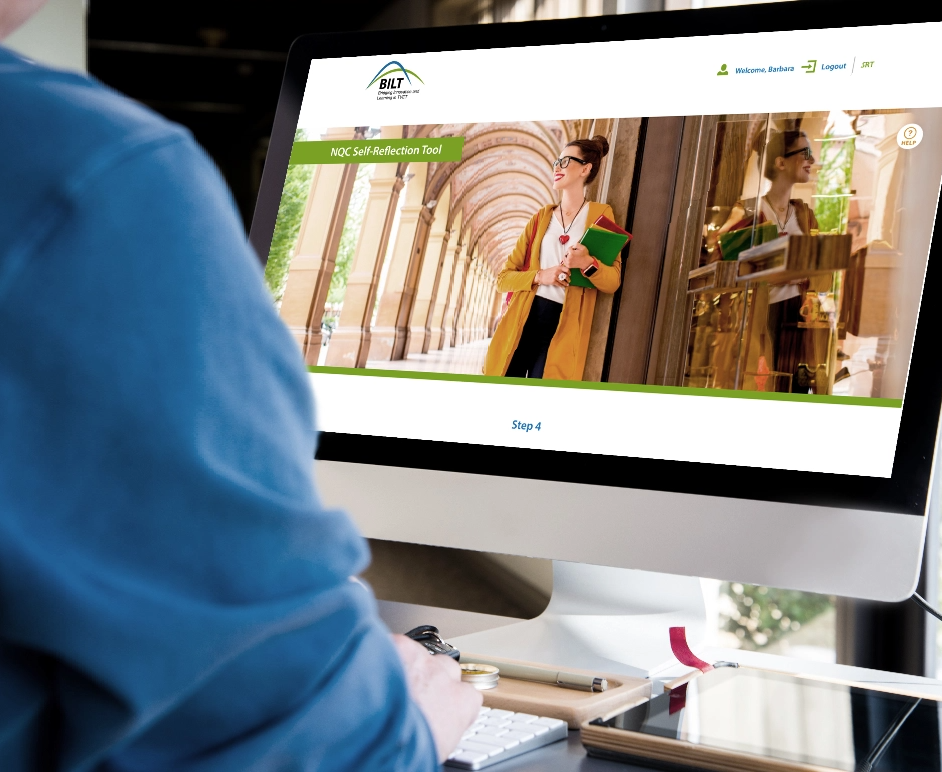About BILT: Our approach | Themes | Who we are
Get involved: News and events | BILT community | Expert group | Self-Reflection Tool
Knowledge base: Innovative and promising practices | Atlas of emerging trends | BILT library | TVETipedia

BullRun/adobe.com.au
Across the world, TVET providers are looking for solutions to meet the rapidly changing conditions in the world of work. Knowing what new qualifications and competences are demanded at an ever-increasing pace, how to integrate these into curricula and effectively teach them will help TVET providers to remain relevant to learners, economies and societies.
The BILT project's Self-Reflection Tool (SRT) aims to empower TVET providers in this process. The tool guides them to assess their preparedness to contribute to the Three I's:
Identifying new qualifications and competencies in a timely and accurate manner
Integrating them into appealing and flexible curricula and training regulations
Implementing them in innovative training approaches
The SRT is based on findings published in UNESCO-UNEVOC's 'New qualifications and competencies for future-oriented TVET systems' (2021), especially the third volume, which examines the perspective of TVET providers on the Three I’s process. This publication offers a database of inspiring experiences and practical lessons from various institutional contexts.

The SRT proposes three structured steps of self-reflection with their distinctive objectives. The accompanying user guide explains how to organize the process within TVET institutions, who should contribute, as well as the estimated timings. It also includes suggestions on how to analyse the outcomes from each step, and how to move from one step to the next. This analysis is facilitated by the web-based tool, which captures and processes data in real time.
In 2022-2023, the BILT team has conducted the piloting phase of the SRT. The tool has been tested and refined through a co-creation exercise with eight TVET providers from Africa, Asia-Pacific and Europe. In 2024, Mauritius Institute of Training and Development (Mauritius), Shenzhen Polytechnic University (China), and School Centre Nova Gorica (Slovenia) will disseminate the updated self-reflection methodology to other institutions in their regions. In this way, TVET providers will learn from their peers about the benefits of participating in the Three I's process of identifying, integrating and implementing new qualifications and competencies.
The web-based Self-Reflection Tool and the accompanying user guide will be made available to the global TVET audience in 2025.

© UNESCO-UNEVOC
Trainers at PKTI
Self-reflection workshop at the Pakistan Knitwear Training Institute (PKTI) - Lahore, Pakistan, 26-29 April 2022. The workshop took stock of the institutional ability to manage new qualifications and competencies in a fast-changing world, while boosting PKTI's self-awareness of the Three I’s process.
It enabled the TVET provider to identify its areas of strength, as well as the areas of improvement, which formed a basis for establishing an institutional NQC Action Plan.

© UNESCO-UNEVOC
Workshop session with Šolski center Nova Gorica staff
Self-reflection workshop at the Šolski center Nova Gorica, Slovenia - 24-27 May 2022. This workshop guided the institution to reflect on their preparedness to deal with new qualifications and competencies.
The SRT initiative was also asserted as essential and necessary to be carried out at a policy level. Establishing close collaboration among all level stakeholders in a TVET system is an important step towards improving institutional performance.

Milestone-Belanova PTY LTD Australia
Online self-reflection workshop
Self-reflection workshop with the Mauritius Institute of Training and Development (MITD) - 9 May to 6 June 2022. This workshop, which was conducted over five separate dates, provided an opportunity to apply the SRT methodology in an online environment. All of the five steps were conducted remotely and proved to be conducive to a thorough review of the institutional procedures in relation to the Three I's. The SRT will support MITD to better align its courses with industry trends and produce flexible and agile curricula in order to deliver high-quality training. The integration of interpersonal skills in curricula was identified as an important area of institutional strength and was proposed as an Innovation and Learning Practice to be shared with the global TVET community.
The SRT workshops will continue to identify additional Innovation and Learning Practices and help TVET providers to develop and implement their own NQC action plans.
Upon completion of the piloting phase, the TVET providers will disseminate the updated self-reflection methodology to other institutions in their regions. In this way, TVET providers will learn from their peers about the benefits of participating in the Three I's process of identifying, integrating and implementing new qualifications and competencies.
The BILT project looks forward to co-developing and disseminating the Self-Reflection Tool together with its global community!
The BILT project is implemented by
with support of
and sponsored by